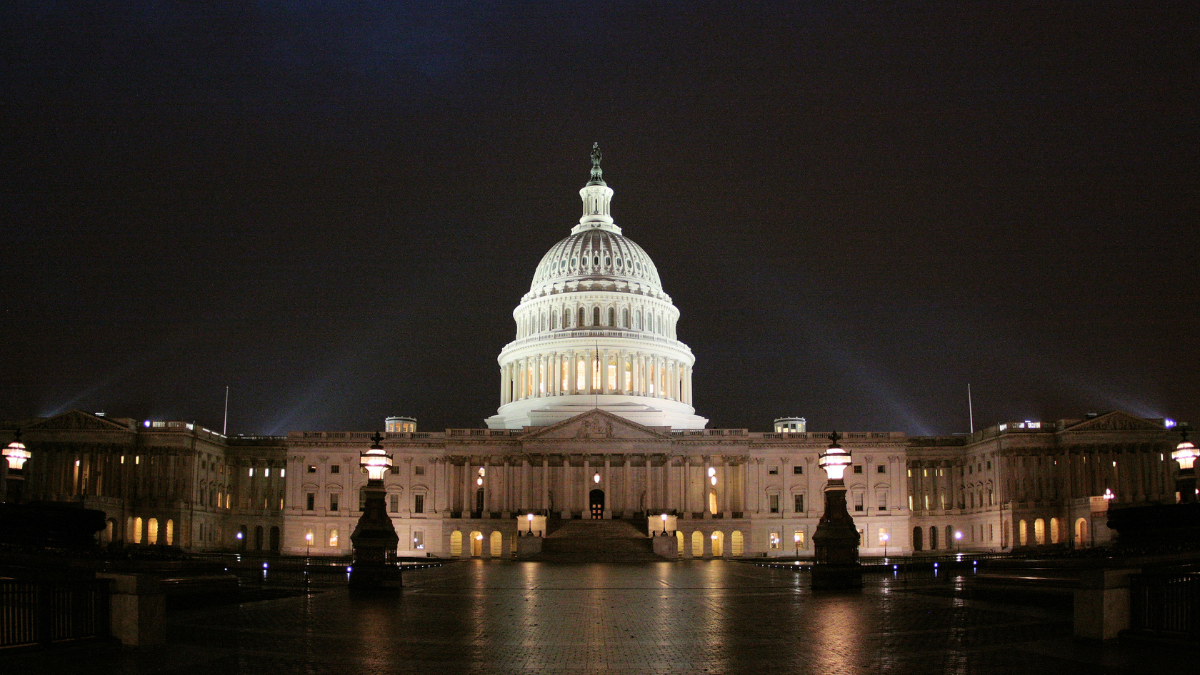Markets Affected by Debt Ceiling Battle.
The Debt Ceiling Impasse and Record Highs in Credit Default Swaps
The White House and top Republican lawmakers are currently at an impasse over the debt ceiling, and the cost of insuring exposure to U.S. government debt has reached record highs. Spreads on 1-year credit default swaps (CDS), a market-oriented measurement of default risks, climbed to a record high of 172 basis points on May 10. Spreads on 5-year CDS also reached a 12-year high of 65.3 basis points.
What are Credit Default Swaps?
Credit default swaps are financial instruments used to enable lenders to insure against default by borrowers. Investors owning government bonds, bank credits, or corporate debt can purchase credit-default swaps to shield their investments against default and allocate these risks to sellers. Traders can also use CDS for speculative bets.
However, some market observers note that the CDS market may also be monitoring monetary policy and inflation levels. “Investors may be tracking the CDS market for clues about the possibility of U.S.-government default, but our analysis indicates that spreads could also change for noncredit reasons such as shifts in Federal Reserve policy or unexpectedly high (or low) inflation,” said Andy Sparks, the managing director at MSCI Research, and Michael Wang, an associate at MSCI Research, in a report.
The White House’s Warning
Even the current administration is taking notice of developments in the financial markets, warning that these “market-stress indicators” could exacerbate the closer the U.S. reaches its debt ceiling deadline. “The cost of insuring U.S. debt has also risen substantially and is now at an all-time high, reflecting increased worries about a U.S. default,” the White House wrote. “In fact, credit default swap (CDS) spreads—the insurance premiums that must be paid to insure U.S. debt—started to increase dramatically in April.”
The Risk of Default
Treasury Secretary Janet Yellen recently stated in a letter to House Speaker Kevin McCarthy (R-Calif.) that the U.S. could default as early as June 1 if Congress fails to act. Since the federal government reached its debt limit of $31.4 trillion earlier this year, it had been estimated that Washington would hit the so-called X-date between June and September. However, due to lower-than-expected tax receipts—30 percent below revenues from the same time a year ago—additional analyses are supporting Yellen’s forecast.
Whatever the date may be, Shai Akabas, the director of economic policy at the Bipartisan Policy Center, thinks policymakers are playing a game of Russian Roulette with the U.S. economy. “If a solution is not reached before June, policymakers may be playing daily Russian Roulette with the full faith and credit of the United States, risking financial disaster for their constituents and the country,” said Akabas in a statement. “Even now, the looming deadline is raising costs to the government, and therefore to all taxpayers.”
Donald Trump’s Opinion
Former President Donald Trump weighed in on the debt ceiling debate, urging GOP lawmakers to let the U.S. default on its debt if Democrats do not agree to “massive cuts.” “I say to the Republicans out there—congressmen, senators—if they don’t give you massive cuts, you’re going to have to do a default,” said Trump during a CNN town hall on May 10. “And I don’t believe they’re going to do a default because I think the Democrats will absolutely cave, will absolutely cave because you don’t want to have that happen. But it’s better than what we’re doing right now because we’re spending money like drunken sailors.”
Trump, a frontrunner for the Republican nomination in the 2024 election, asserted that the U.S. might as well default now “because you’ll do it later.”
Last month, the House voted 217-215 to raise the nation’s debt ceiling. McCarthy and President Joe Biden were expected to meet on May 12, but the meeting was postponed. The two sides are now expected to meet early next week. Moody’s believes that officials might only act if there is a selloff in stocks and bonds and the value of the U.S. dollar craters and “donors and constituents, angry at their evaporating wealth, pound on lawmakers’ doors.”
- Spreads on 1-year credit default swaps (CDS) climbed to a record high of 172 basis points on May 10.
- Spreads on 5-year CDS reached a 12-year high of 65.3 basis points.
- Credit default swaps are financial instruments used to enable lenders to insure against default by borrowers.
- Investors owning government bonds, bank credits, or corporate debt can purchase credit-default swaps to shield their investments against default and allocate these risks to sellers.
- Traders can also use CDS for speculative bets.
- Treasury Secretary Janet Yellen recently stated in a letter to House Speaker Kevin McCarthy (R-Calif.) that the U.S. could default as early as June 1 if Congress fails to act.
- Former President Donald Trump urged GOP lawmakers to let the U.S. default on its debt if Democrats do not agree to “massive cuts.”
Will the U.S. default on its debt? Stay tuned for updates.
" Conservative News Daily does not always share or support the views and opinions expressed here; they are just those of the writer."





Now loading...